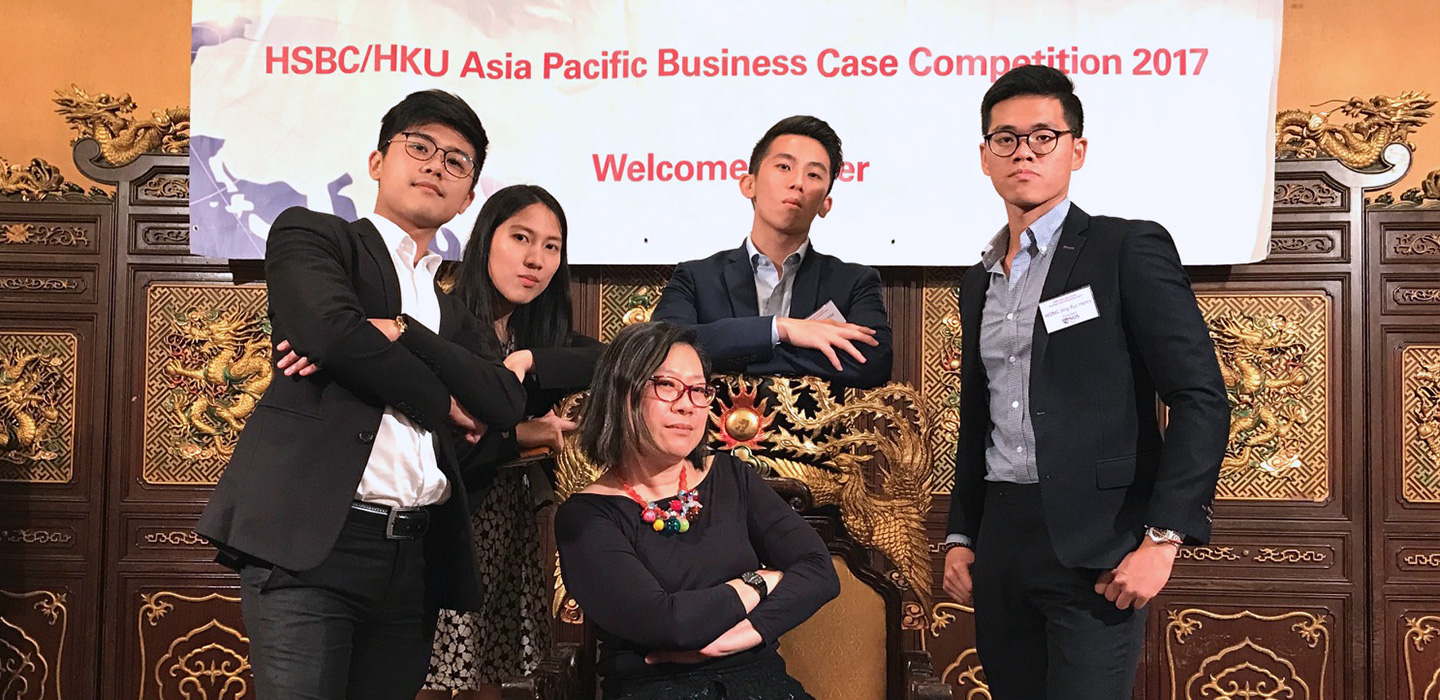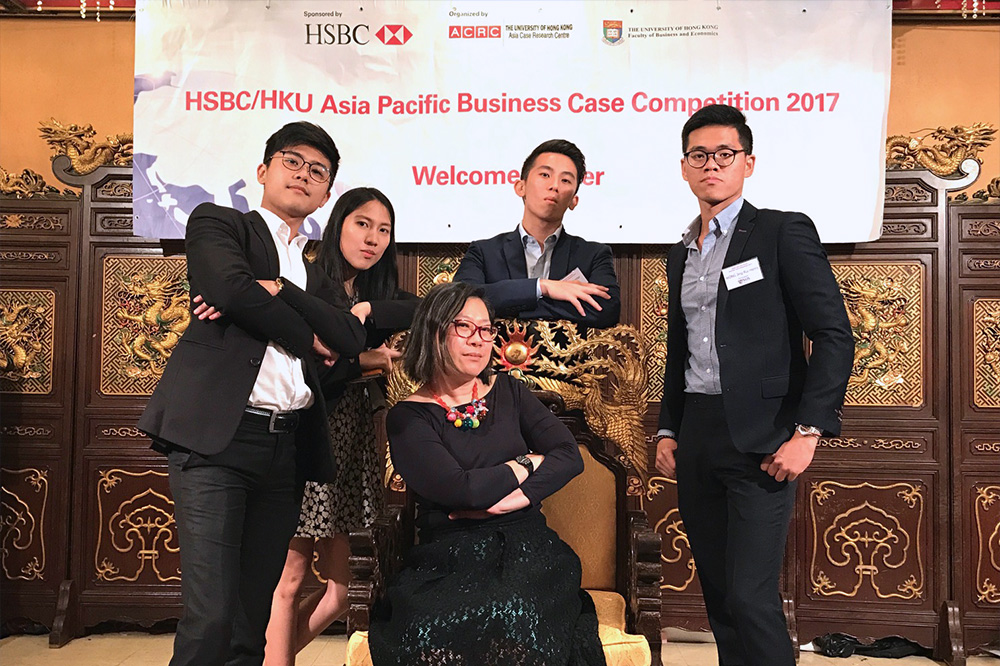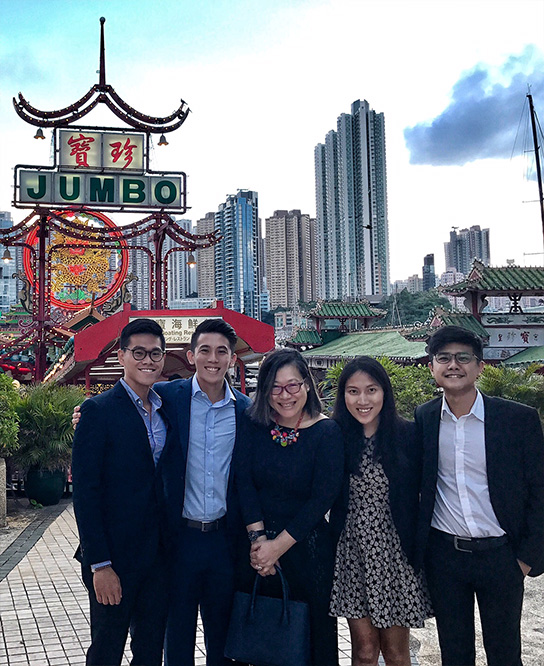NUS BBA year two Wee Wei Xin Bentley is the Director for Corporate Liaison for this year’s NUS-SP Group Case Competition. He discusses his experience in participating in overseas case competitions, and the lessons he’s picked up.

How to succeed as an international case competitor

A typical university student’s experience will include lectures, tutorials, perhaps living in a school hostel, and possibly securing a spot in an overseas exchange programme.
I never imagined my experience would include travelling to various cities to represent National University of Singapore (NUS) Business School as an international case competitor.
Besides the skills required to be part of a presenting team, listening to my seniors share in a workshop the cities they visited really piqued my interest to secure a spot in the NUS Case Consulting Group.
In the past year, I have participated in two international case competitions in Norway and Hong Kong. I believe these out-of-classroom opportunities are truly beneficial to a student’s personal and professional development beyond being able to meet peers from across the globe.
Case competitions are typically structured in a 24-hour format – where teams of four are presented with real-life business problems and are expected to deliver a comprehensive analysis and present applicable recommendations for the assigned company.
Case studies are often based on actual organisations that are partners of the case competition. To add to the pressure, the company’s management team is usually part of the judging panel assessing your team’s performance and solutions.
As a new participant, this ‘brutal’ format is what taught me a number of valuable life skills.
1. Stay calm under great pressure
The key is to not panic. It’s intimidating when we’re presenting our case to a large audience that includes industry leaders. But that’s when support from our team is crucial; we have to rely on one another for reassurance.
Some believe that “thinking on your feet” is an innate skill. I believe it’s something that can be developed and sharpened over time through practice. The important thing is to take one’s time to consider the possible scenarios and organise your thoughts before presenting.
You might not always have the right answer, but projecting confidence in your body language and delivery will help convince your audience.

2. Don’t overload the audience with information
During the course of preparing for any presentation, your research will result in an abundance of information. The challenge is to pick out what is relevant to the business solution.
The ability to process, analyse and sieve out pertinent information that will contribute to your argument, while ensuring that explanations are not fraught with jargon, is important.
That does not mean the additional information would go to waste. I have learnt that being meticulous in research and well versed in certain subjects will contribute to the team’s quality of work.
3. Accept different perspectives and opinions
In seeking to solve a business problem, teammates would likely form their own perspectives of the given issues. Allowing everyone to voice their opinion without interrupting them will better facilitate an exchange of ideas that might result in a better solution.
Presenting a strong united front to the judges is also definitely a plus. Playing to each teammates’ strengths will also work to your advantage. However, there are times when one has to speak up, if you feel strongly about a particular matter. Not speaking up might result in a missed opportunity, or leave a team’s oversight unchecked. The close-knit relationship built within the team through multiple training sessions prior to a case competition allows the team to learn each other’s quirks and characteristics beforehand.
Preparing and participating in a case competition is a challenging yet rewarding experience. I believe such experiential exposure outside of the classroom adds to a holistic university experience, the benefits of which will serve me well after graduation.
The NUS-SP Group Case Competition 2017 will take place between 30 August and 8 September. This year’s competition is sponsored by SP Group and SPH is the media sponsor. Find out more at facebook.com/NUSCaseCompetition.


